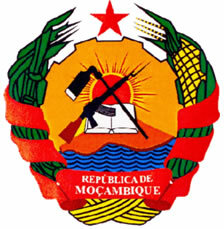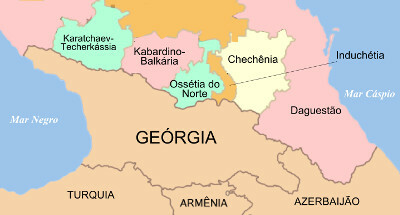Imagine that, on a day like any other, you are going to school to study geography, when suddenly the ground starts to shake! This would certainly cause serious inconvenience because, depending on the strength of these tremors, people could get hurt and buildings could collapse. These earthquakes are called earthquakes.
But do you know how and why earthquakes arise?
Earthquakes only exist because the crust, the outermost part of the Earth (the Earth's crust), is "cracked" into numerous blocks, which are called Tectonic plates. These plates float on a very hot, pasty liquid called magma (it's what volcanoes spew out!).
Because of these fluctuations, these plates are in constant motion and eventually meet, causing earthquakes. The place where they arise (underground) is called the hypocenter, and the place on the earth's surface where they first manifest is called the epicenter.
When earthquakes occur in regions located in the ocean, they can trigger Tsunamis, which are giant waves that invade the coast of some countries and cause chaos and destruction.

Therefore, some regions of the Earth are more likely than others to suffer from tremors, as they are zones where two different plates are in constant interaction, like Japan. Look at the map:

As we can see in the map above, Brazil does not have the tendency to present large tremors, because our country is far from the meeting and interaction zone between two or more plates tectonics.
The intensity of earthquakes is calculated based on theRichter scale, which is measured from 1 (very weak) to 10 (very strong). The device used to perform this measurement is called seismograph.
By Rodolfo Alves Pena
Graduated in Geography


